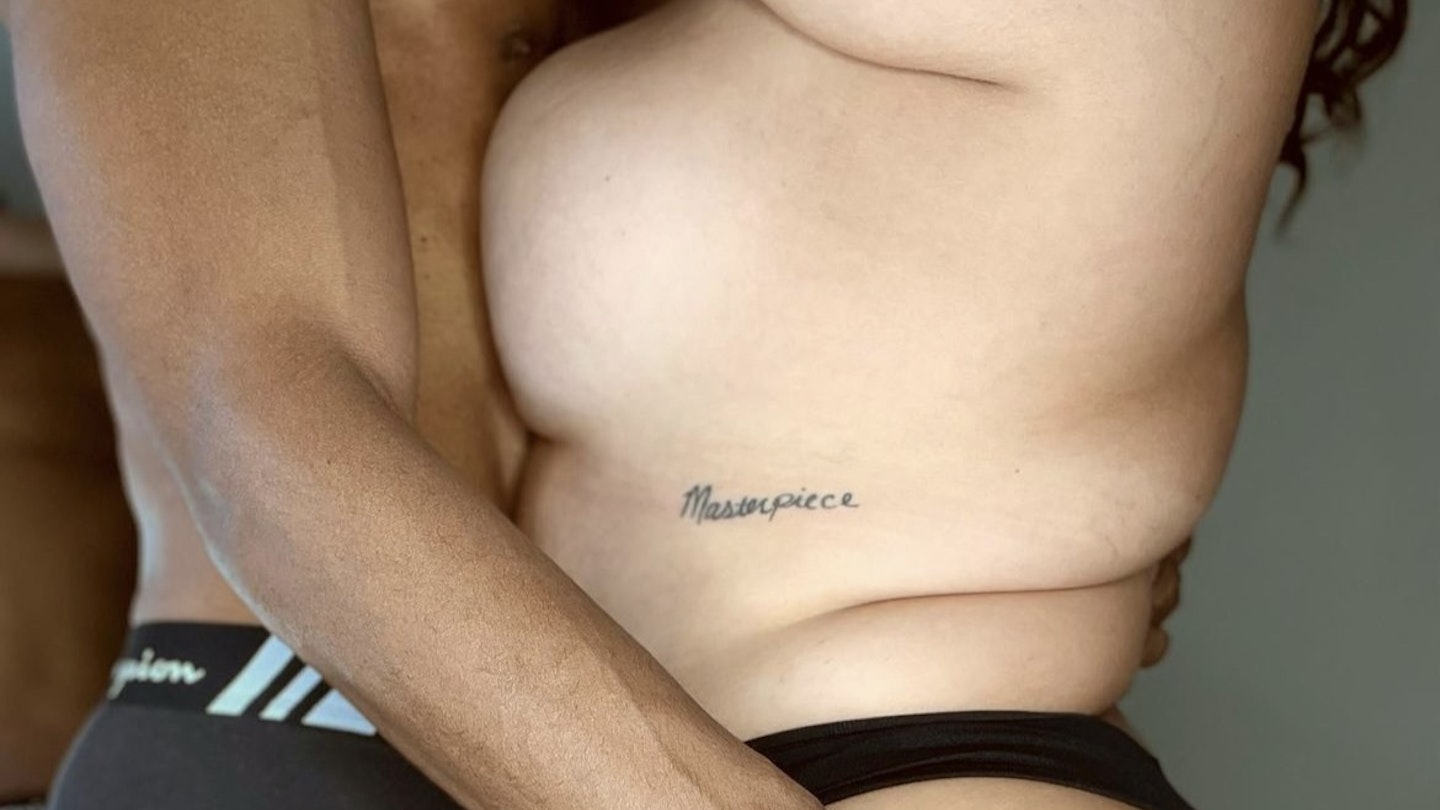Men: big, tall, muscly, strong.
Women: small, petite, delicate. Tiny little fragile beings that men can wrap their big arms around and protect.
Right?
These are some of the gender stereotypes that have long been reinforced and perpetuated by our society. Women are taught that we shouldn’t take up space: not with our opinions, nor with our appearance – both equally frowned upon in our patriarchal culture. The smaller, the better.
Many women seek out male partners that are bigger than us not because of the way the man looks, but rather the way the size of the man makes us look, and feel. It reinforces the conditioning we’ve been subject to our whole lives: in media, in movies, TV, magazines, adverts and in the fashion industry – think the oversized men’s shirt that swamps the female protagonist of a romcom when she throws it on the morning after, or the plethora of ‘boyfriend’ clothing designed to hang off the female form (I’d just like to point out that boyfriend jeans do not tend to hang off curvier women – I can attest to this).
So. naturally, being bigger than a male partner in a heterosexual relationship can feel like a serious threat to our femininity and our identity as a woman.
Despite the fact that women are genetically predisposed to having more body fat than men: 6-11% more in fact, according to a study done by the University of New South Wales in 2009. This can be for a variety of different reasons, but research indicates that the primary purpose for this difference is biological: women at some point in their lives may bear a child, which is grown using their own reserves, so the body holds onto fat in anticipation of potential future pregnancies.
So these gender stereotypes actually oppose our biology.
And they cause harm – not only to women, but to men too!Because a lot of women simply are just bigger than their male partner, and while this may make the woman feel less feminine, it’s also likely to make the man feel emasculated. Men might feel this especially about height stereotypes: it’s not often we see representation of a heterosexual couple where the male is shorter than the female. Whereas actually, these are just very normal and innocuous differences in genes and DNA that naturally vary between humans and that we see consistently throughout society – and have done for thousands of years.
What’s more, the shape and size of our bodies should not correlate to the amount of love and respect that we deserve, and no relationship is one-size-fits-all. Plus, the reasons that humans fall in love generally have little to do with appearance.
If you’re a woman and you’re bigger than your male partner, there is categorically nothing wrong with that. You are allowed to take up space and be unapologetically you without having to shrink or hide in shame. And in a world where we are, thankfully, coming together to recognise and dismantle harmful stereotypes, this feels like one that needs challenging.
